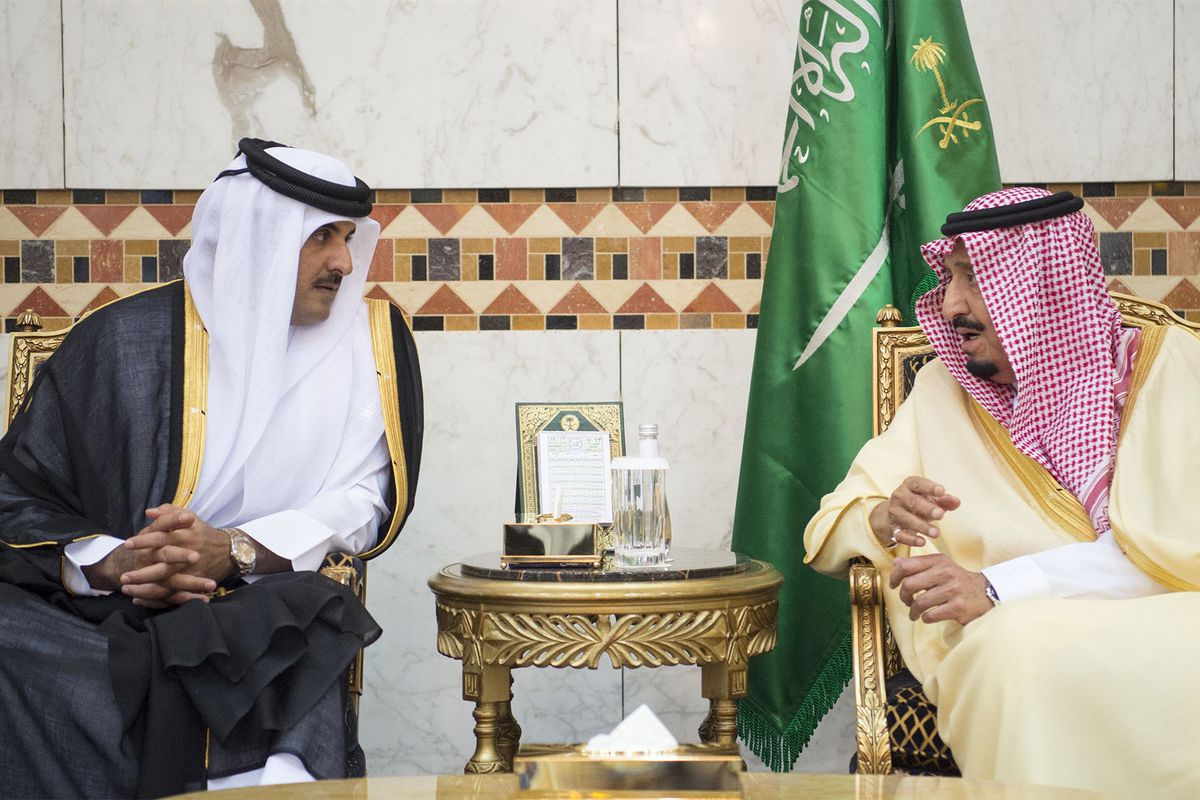Indefinite Gulf impasse
September 13, 2017 | Expert Insights

Qatar's foreign minister Sheikh Mohammed bin Abdulrahman Al Thani has accused the Saudi Arabia-led bloc of nations of imposing “illegal measures”.
He was speaking at a UN Human Rights Council session in Geneva.
Background
In June 2017, a Saudi Arabia-led bloc of nations in Gulf cut all diplomatic ties with Qatar. Qatar has remained isolated with the blockage of its air, sea, and land links. Saudi Arabia, UAE, Bahrain, and Egypt alleged that Qatar sponsored terrorism in the region – a charge that Qatar has denied.
A stalemate has now existed in West Asia between a bloc led by Saudi Arabia and Qatar. The Saudi Arabian bloc of nations have released six principles for Qatar to abide by for the impasse to end. However, Qatar ignored these principles and instead filed a wide-ranging legal complaint at the World Trade Organization to challenge the trade boycott. The nation is seeking remuneration.
Analysis
US has begun adding increased pressured on all parties to seek resolution through diplomatic dialogue. US President Donald Trump has offered to mediate the process.
However, Saudi Arabia has signaled that it suspended dialogue with Qatar after a conversation between Saudi crown Prince and Qatar’s Emir went poorly. The call had been the first formal contact between the two nations. Saudi Arabia has accused Qatar of distorting facts about the conversation. The nation also said that it did not believe that Qatar was “serious” about the dialogue. Further details have not been provided.
Qatar's foreign minister Sheikh Mohammed bin Abdulrahman Al Thani spoke at a UN Human Rights Council session in Geneva. He said that the Saud Arabia-led coalition had taken “illegal measures”. He noted, “These Gulf countries have taken illegal measures that constitute a grave violation of civil, economic and social human rights, including banning Qatari citizens travelling or transiting through their territories. This has torn apart many families and has interrupted education and the right to work in Qatar."
He also accused Saudi Arabia of masking its real motivation saying, “The real motivation behind the siege was not fighting terrorism, but rather to interfere in to our (Qatar's) foreign policy and undermine its sovereignty. The state of Qatar reaffirms its position in rejecting and condemning terrorism in all its forms, whatever the cause and motives are. Qatar is an active member in the coalition to counter terrorism. So, despite any challenges and allegations, Qatar is willing to talk.”
Assessment
Our assessment is that the continued impasse between the Gulf nations not only destabilizes the region but also puts the future of GCC at risk. The GCC is a powerful alliance of six Middle Eastern countries: Qatar, Saudi Arabia, the United Arab Emirates (UAE), Bahrain, Kuwait and Oman.
Read more:








Comments